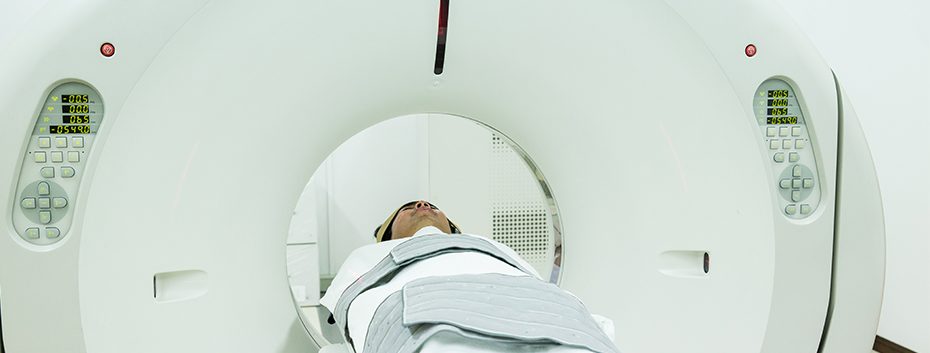Tag: NIH
Regulating RNA interference by modifying RNA backbone with amides

Professor Eriks Rozners and colleagues at Binghamton University in New York, USA, are using innovative nucleic acid chemistry to modify RNA-based technologies such as RNA interference (RNAi) and Clustered Regularly Interspaced Short Palindromic Repeats (CRISPR) to enhance their utility in molecular biology. These technologies suffer from off-target effects that limit their clinical utility. By replacing phosphates in the backbone with […]
Read More… from Regulating RNA interference by modifying RNA backbone with amides
How medical schools can evolve to tackle gun violence

Despite the shocking levels of gun violence in the USA and in the Americas, medical practitioners are taught little more than dealing with the direct biologic outcomes of bullets. Like other public health burdens, each tragic event results from the interplay of complex behavioural health, environmental, and social issues. Understanding gun violence as a disease requires examining these complex issues […]
Read More… from How medical schools can evolve to tackle gun violence
Male infertility and the genesis of mature sperm cells

About 10% of all males in the United States who are attempting to conceive suffer from infertility. Dr Rajakumar Anbazhagan, Dr Maria L. Dufau and Dr Kavarthapu Raghuveer from the National Institutes of Health, USA, aim to understand the biochemical pathways behind male factor infertility to devise a better strategy to address the issue effectively. The researchers identified a protein […]
Read More… from Male infertility and the genesis of mature sperm cells
New Toolkits for Positron Emission Tomography

Positron emission tomography (PET) is a powerful imaging technique that uses radiotracers injected into the body to look at biology in tissues and cells, making it an important tool in biomedical research and drug development. Dr Victor Pike, Chief of the PET Radiopharmaceutical Sciences Section of the Molecular Imaging Branch at the National Institute of Mental Health in the U.S., […]
Read More… from New Toolkits for Positron Emission Tomography
The biology of ageing

What causes ageing? Is it inevitable? Could it be slowed or even reversed? Humans have wanted to know the answer to these questions ever since we became aware of our own mortality. Despite the tremendous advances that have been made in our scientific understanding over the past century, ageing remains one of the greatest mysteries in biological science. But scientists, […]
Open-source bioinformatic solutions for ‘Big Data’ analysis

Drs Tim Griffin and Pratik Jagtap along with the Galaxy-P team from the University of Minnesota are working to develop workflows on an open source platform for the analysis of multi-omic data. They are currently focusing on using a Galaxy-based framework to investigate the integration of genomic datasets with mass spectrometry-based ‘omics’ data. But in the long term, they aim […]
Read More… from Open-source bioinformatic solutions for ‘Big Data’ analysis
Using technology to improve needle procedures

Dr Gabor Fichtinger is Chair of Cancer Care Ontario Research and Professor at Queen’s University School of Computing in Kingston, Ontario. His interests are in computer-assisted surgery and interventions. Dr Jan Fritz is the Director of Interventional MR Imaging and an Assistant Professor of Radiology and Radiological Science at Johns Hopkins University School of Medicine, Baltimore, Maryland. The two have […]
Read More… from Using technology to improve needle procedures